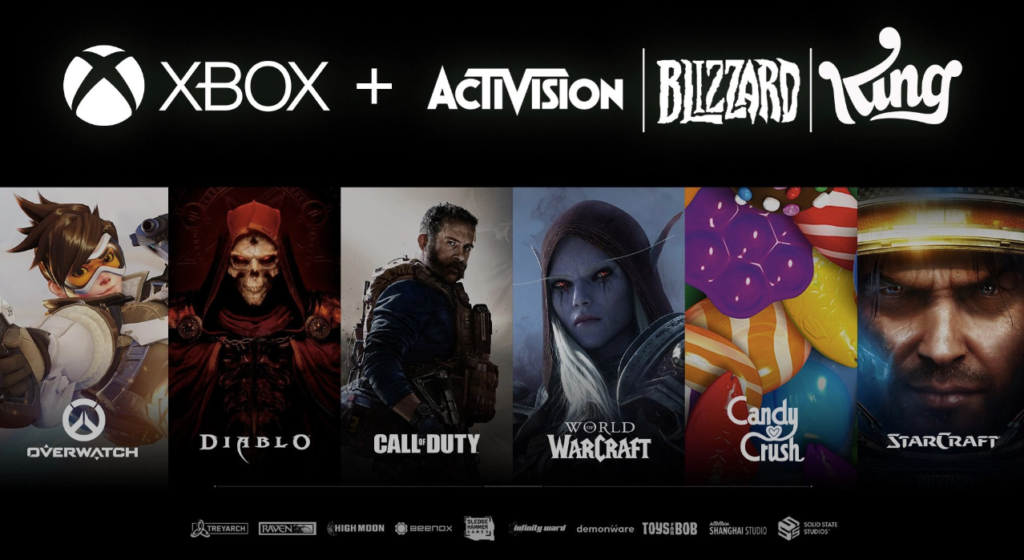|
Getting your Trinity Audio player ready...
|
Microsoft has announced that its proposed acquisition of video game company Activision Blizzard has received unconditional approval from China, despite facing antitrust opposition in the US and the United Kingdom.
The approval from China adds complexity to the deal as Activision Blizzard had ceased offering many of its games in mainland China earlier this year due to a dispute with its local publishing partner.
China and the European Union, the two largest economies, have both approved Microsoft’s $69 billion takeover of the California-based game publisher, known for popular titles such as World of Warcraft, Call of Duty, and Candy Crush.
European regulators, representing the 27-nation bloc, granted approval on Monday with certain conditions. These conditions require Microsoft to make promises aimed at boosting competition in the emerging cloud-based gaming market.
In contrast, China’s State Administration for Market Regulation cleared the deal without any conditions, as confirmed by Microsoft. However, as of late Friday, the agency’s website did not mention the decision.
Game sales in mainland China necessitate that game-makers collaborate with a Chinese publisher to release titles in the country. Since earlier this year, several popular Activision Blizzard franchises, including World of Warcraft, the StarCraft series, Overwatch, and Diablo, have been suspended due to a disagreement between Activision subsidiary Blizzard Entertainment and its Chinese partner, NetEase.
Blizzard had a longstanding partnership with NetEase dating back to 2008, which helped the latter company become China’s second-largest games distributor after local rival Tencent. However, last year, the US company announced its decision to suspend most of its game services in China following the expiration of existing licensing agreements, leading to a public dispute between the two companies.
Microsoft states that the planned acquisition of Activision has now received clearance in 37 countries, including the 27 EU member states, as well as others like China, Japan, and Brazil. However, the high-profile deal still faces uncertainty as it has been rejected by British regulators, and US authorities are seeking to block it. The outcome of the antitrust challenges will determine the fate of the largest tech deal in history.
